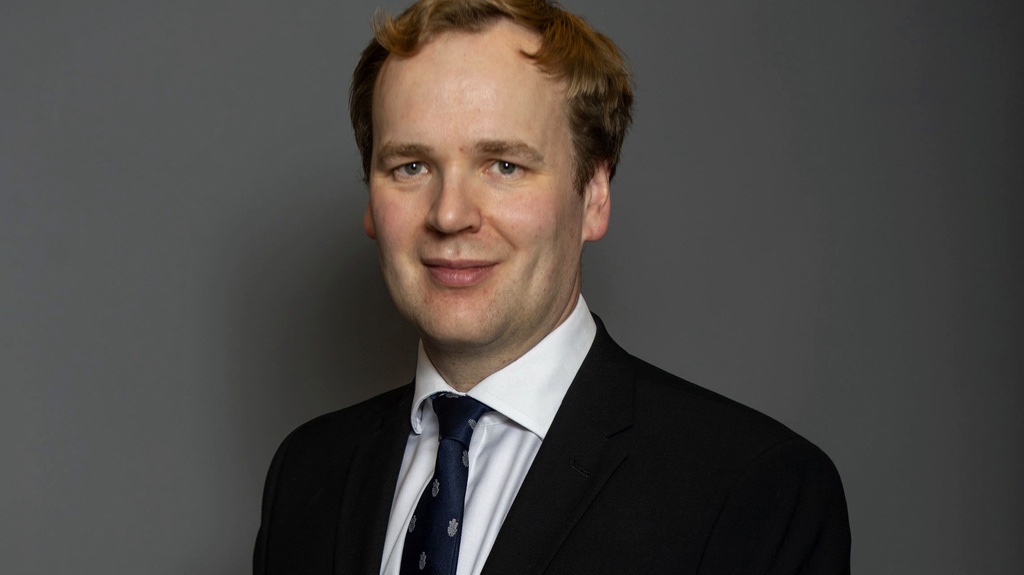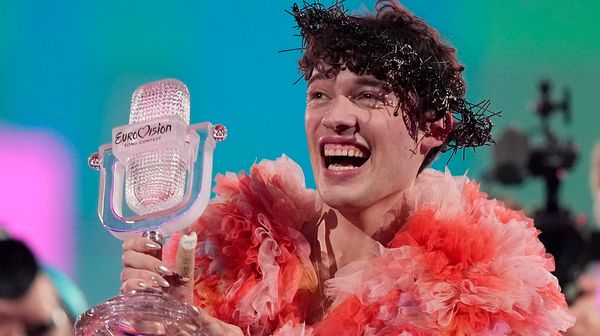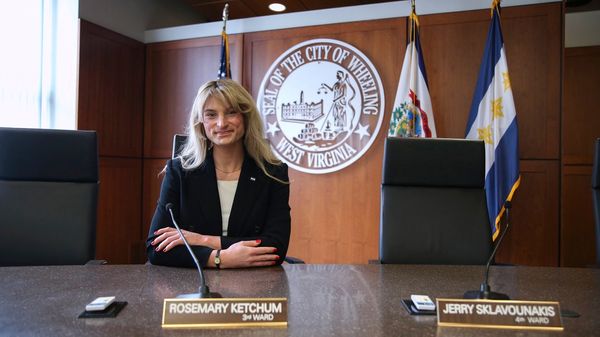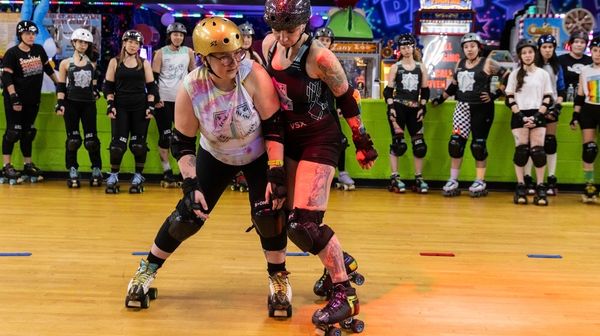January 7, 2013
Combating Bullying, APD Tapes "It Gets Better" Video
Conswella Bennett READ TIME: 6 MIN.
The Atlanta Police Department has joined in on the "It Gets Better" project, a movement that was created to show LGBT youth that they are not alone and that it will get better. The Department's YouTube video was showcased on the popular website last month and also before an audience at the Phillip Rush Center in Atlanta on December 12. SPO LGBT Liaison Brian Sharp said the video received a positive response at the viewing.
Since the video's posting on YouTube, it has received nearly than 7,500 views. Sharp and Elizabeth Espy, deputy manager of public affairs/special events, said that there have been only positive response posts and comments about the video.
"If it helps one person, then that is good," Sharp said of the goal of the video to help struggling LGBT youth. "Our mission was to help. The bullying issues and the teen suicide rate are extremely high," he said of the startling statistics that surround LGBT youth.
But the focus of the video that showcases 23 LGBT personnel from many ranks, including a deputy chief, a captain, several lieutenants, sergeants and officers, was to "let them know that we have all walked a day in their shoes," Sharp added.
Sharp and Kristin Knight, an LGBT liaison, were instrumental in getting the department to take part in the "It Gets Better" project. Sharp was pleased with the turnout of the number of LGBT personnel who participated.
According to Sharp, the Atlanta Police Department has around 50 LGBT personnel. Although only 23 were able to participate, that number would have been higher were it not for scheduling conflicts, he added. But Sharp said of the various police departments that have made similar videos, the Atlanta Police video features more officers.
The video begins with an introduction by Police Chief George Turner, a father of four and grandfather of seven who describes himself as a LGBT ally who was honored to participate in the "It Gets Better" project.
"As a police force we will stand up for you. No one deserves to be bullied," Turner assures bullied youth in the video.
Officer Darlene Harris and Sgt. Michael Graham spoke about being happy to be able to be out and open police officers in the city.
"By nature, police officers are very guarded and private," Sharp noted. But, the video was a way for the officers to open up and show their human side that is often hidden behind the badge. Their coming out stories and struggles with accepting their own sexuality are familiar feelings that youth may be struggling with now.
Officer Nasira Johnson spoke about coming out and not wanting to disappoint her family. But, after being unable to hide who she was any longer, she decided to tell her mother that she was a lesbian. After a silence and a period of crying, Johnson was able to find her voice to tell her mother that she liked girls. Her mother held her daughter's face and assured her that it was OK.
The second highest-ranking officer, Deputy Chief Renee Propes, told about her family's "Don't Ask Don't Tell" policy regarding her sexuality. But like most people coming to term with their sexuality or gender identity, Propes said she too struggled.
"I kind of struggled with it myself when I was in my teens and early 20's," Propes added. "I was not really comfortable with it. I went back and forth wondering, 'Am I? Am I really?' I had to come into myself, actually."
Propes advised, "Don't let other people dictate your happiness."
The video ends with the participants assuring viewers that "It Will Get Better."
Outreach Builds Positive Relations With LGBT Youth
YouthPride Executive Director & CEO Terence McPhaul, M.A., who has seen a portion of the video, said it was a major step for the department.
"It speaks volumes for the police department as a whole. I'm pleased that it happened finally," McPhaul noted. "I'm glad that it happened because it shows the effort of the police department and that they are making change."
A few years ago, McPhaul said he and his organization began reaching out to the Atlanta Police Department because many of his youth clients were not very fond of the police.
Then-LGBT liaison Patricia Powell visited the youth group along with other officers, and before long McPhaul said that his youth began realizing that the officers were human and didn't hate them after all.
McPhaul told EDGE there were also plans to show the video and have some of the officers visit during a couple of the young adult topic sessions during February.
Besides working with McPhaul and YouthPride, Sharp said there are plans to possibly take their message on the road in the area, because not everybody has access to the Internet. These opportunities will give youth a chance to see the video, meet some of the officers involved and give them an opportunity to ask questions.
The video was also shown within the Atlanta Police Department. Sharp said officers including those who identify as straight were also pleased with the video. The video was done in-house. Espy, a former producer, did all the video interviews. She worked with an editor to come up with the final copy.
The "It Gets Better" project was started in 2010 by author and columnist Dan Savage and his partner Terry Miller when they posted a video to YouTube trying to give hope to LGBT young people who were being bullied and felt alone.






